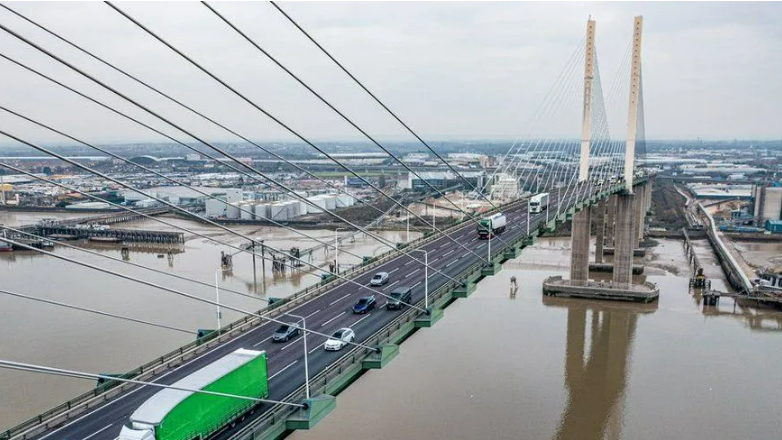'We were wrongly fined for Dart Charge during a funeral'
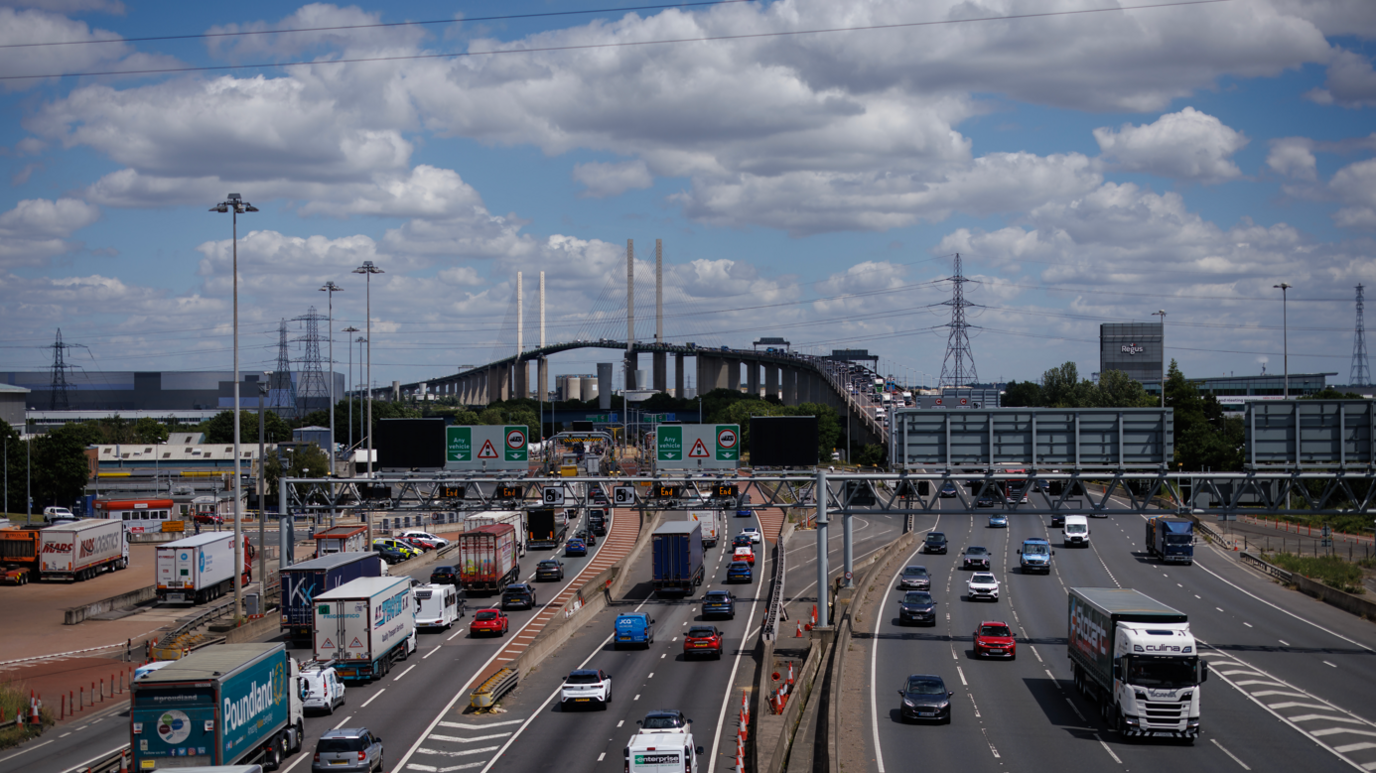
The Dartford Crossing and Tunnel link Essex to Kent, with 180,000 vehicles using them on busy days
- Published
A family from Essex attending a funeral in Kent were among those caught up in Dart Charge account issues linked to a change in operator last year, a BBC Investigation has found.
Data obtained via a Freedom of Information request revealed an increase in crossing payments not made on time since the switchover last July.
Since then, more than two million people have received fines. Many of those who have contacted the BBC after receiving a penalty did have a pre-paid account, but found a payment for their journeys had not been made.
National Highways said: "More than 94.6% of journeys using the Dartford Crossing are paid correctly and on time."
'We were fined during a funeral'
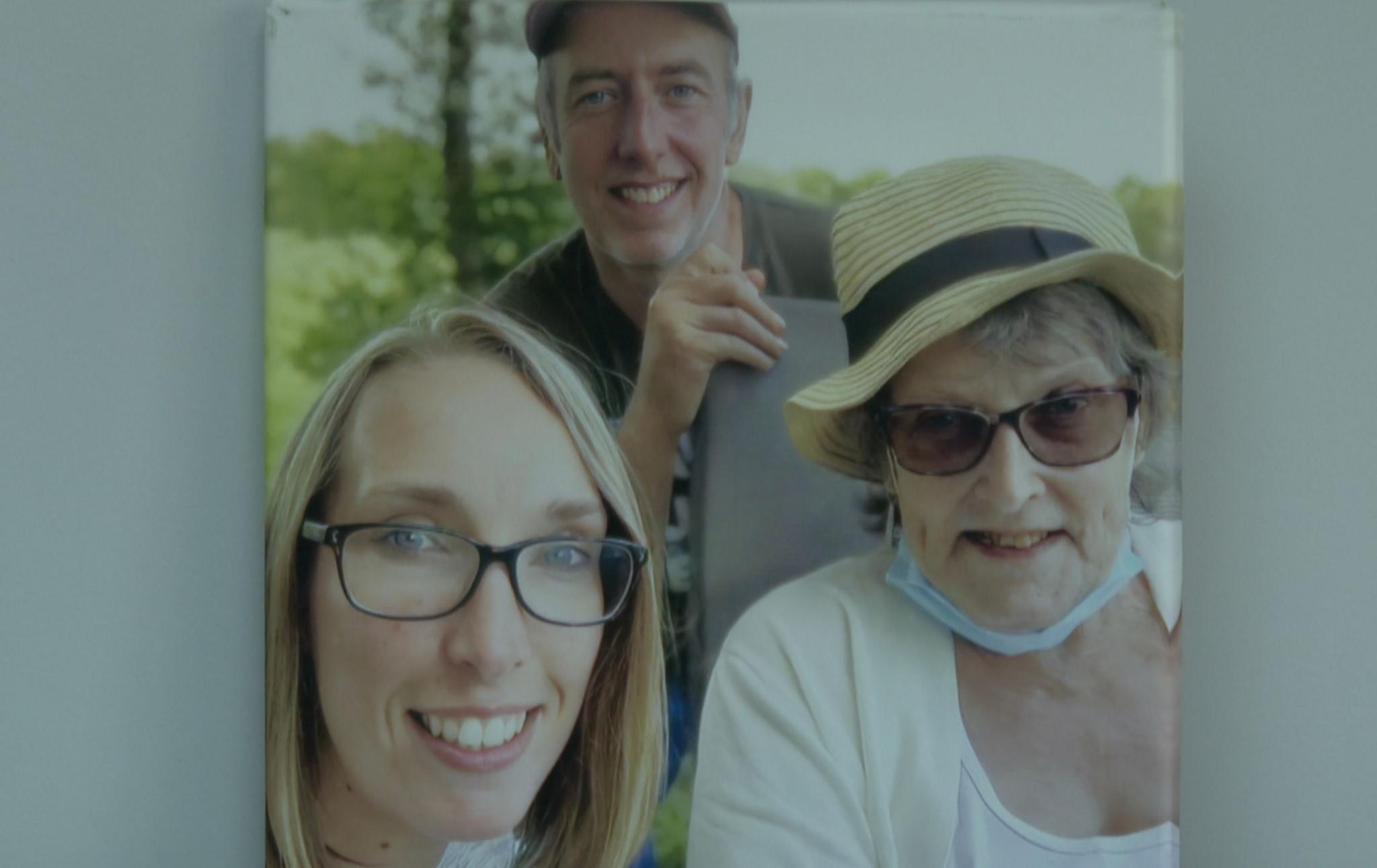
The Randall family believes the fines were unfair because they had a pre-paid Dart Charge account
Stuart Randall, from Wickford in Essex, received seven fines in January 2024 - totalling £332.50.
The charges related to August and September 2023, a very difficult period for the family, when Mr Randall's wife's parents both died.
"My wife was very emotional; she’d just lost her mum, she was trying to put a brave face on it but it wasn’t a nice time," he says.
Mr Randall had a Dart Charge account with an "automatic top-up", which he updated last August with a new payment card.
National Highways confirmed Mr Randall "did have an account, his payment method was revalidated, and subsequent payments were successful, however his bank rejected a later payment".
It added that this led to his account becoming dormant and fines being issued.
Mr Randall leased his car through his work, which meant the penalty charges were automatically paid and deducted from his salary.
He appealed the fines in February, and sent a further appeal in April via recorded delivery.
He has recently received a response to say his appeal has been rejected because "your hire company opted to settle the PCN(s) in full".
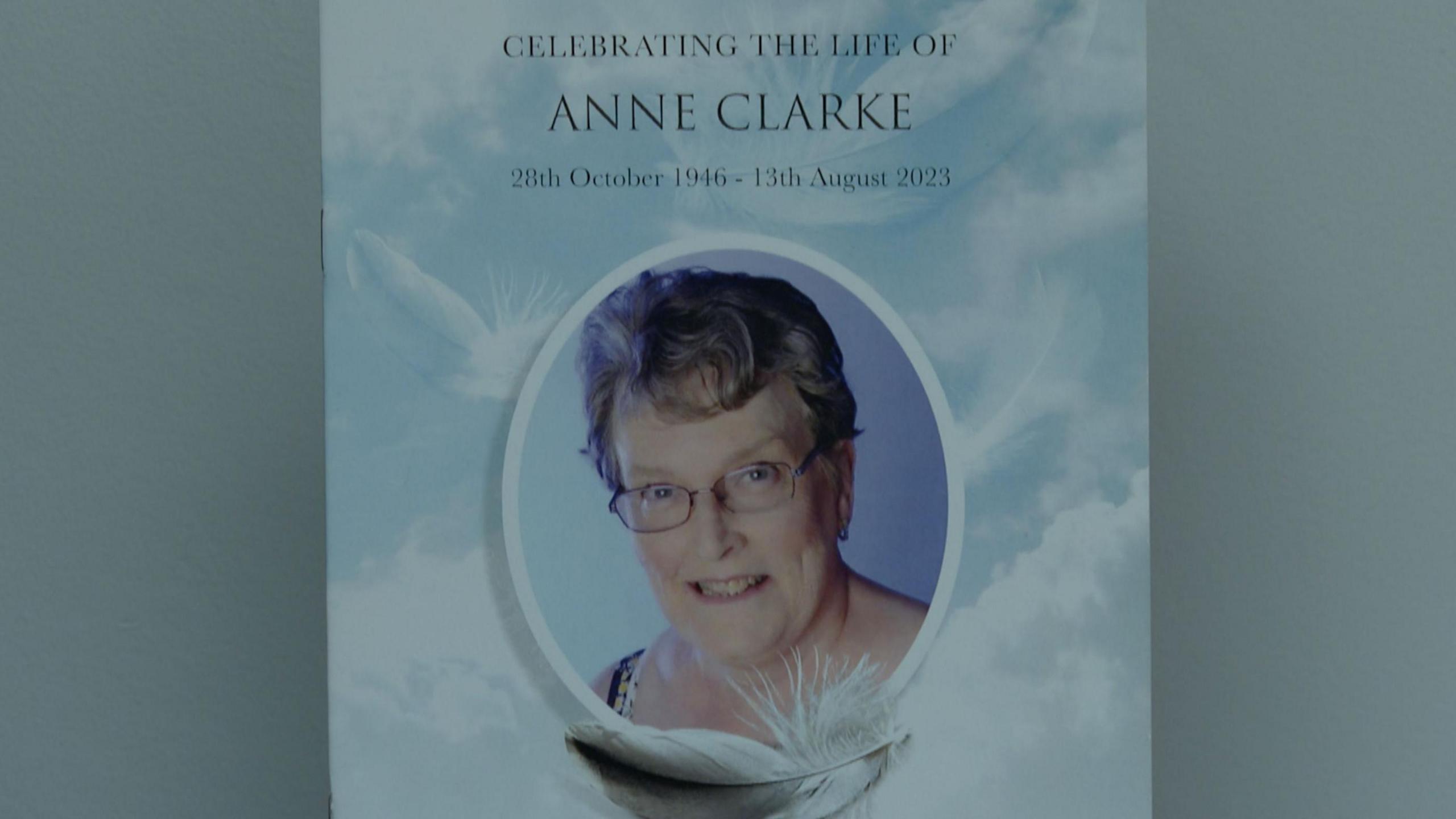
Stuart Randall says the fines his family accrued were in the period leading up to and just after the funeral of his mother-in-law, Anne Clarke
What is a 'dormant' account?
National Highways said motorists with accounts for using the Dartford Crossing had been told to revalidate their card details in July 2023.
The authority website, external states that a Dart Charge account can become inactive or "dormant" if it does not have:
a vehicle registration (number plate)
a valid payment method
enough credit to pay for a crossing
any crossings made in a 12-month period
It adds that if there is a "failed payment" on the account, users "will be required to re-add payment methods as your card will have been removed from your account".
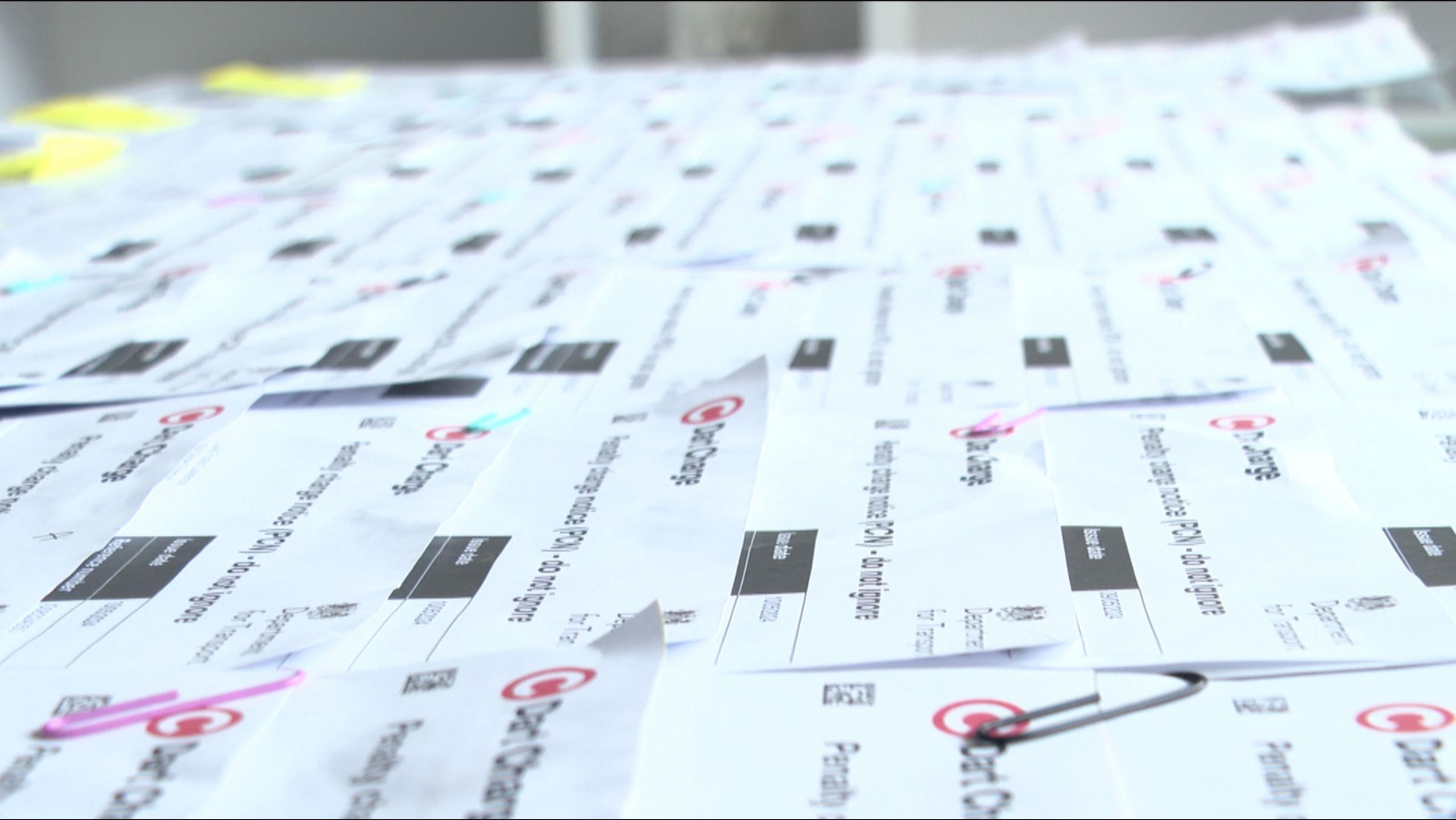
Many of those with multiple fines said they took more than three months to arrive, so they did not realise there was a problem with their account
New operating contracts
In 2021, National Highways awarded two new operating contracts for the Dartford Crossing, which went live in July 2023.
Conduent Public Sector UK Limited won a £150m contract, external for running the charging system, using Automatic Number Plate Recognition (ANPR).
A contract worth £120m, external was awarded to Emovis Operations Leeds Limited for enforcement, including issuing fines and collecting debt.
National Highways said Dart Charge account holders were sent emails prior to the switchover asking them to update their details after the new system was launched on 27 July.
But the BBC previously revealed only 770,000 of 1.7 million users had done this before the new system was introduced.
Data obtained via a Freedom of Information request showed the percentage of crossings not been paid on time rose from less than 6% to 8% with the new system.
It also revealed more than £5m had been collected by an enforcement agency employed by Emovis - an increase on collection rates in previous years.
There was a 14% increase in debts collected in 2023 compared to 2022, the last full year for which the BBC had data.
'My son was hounded over fines'
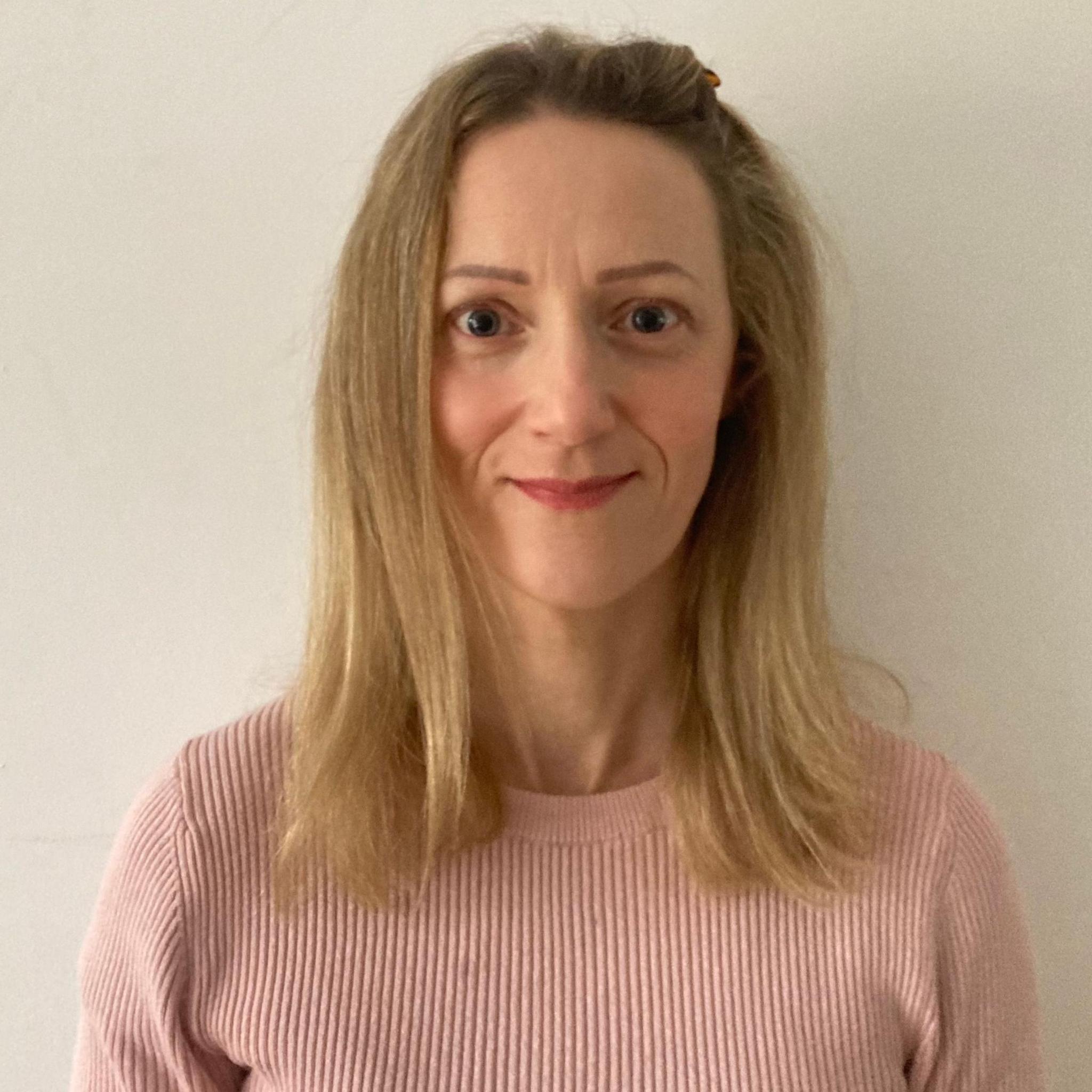
Sarah Lawrence says she does not understand why the system allows users to input an invalid number plate
Sarah Lawrence, of Great Baddow, has a collection of 58 PCNs - totalling £2,030.
She says her son, who is dyslexic, made a "keying error" when he set up his Dart Charge account last year, entering incorrect details for his number plate.
The fines equate to "three months' wages for someone on an apprenticeship" like her son, she says.
She is confused as to why the system still allowed him to create an account, and why it took more than four months from the first crossing for him to be issued with a fine, meaning they did not realise the mistake and could not rectify it.
Ms Lawrence began submitting appeals in April on her son's behalf.
"He is very stressed out and can’t cope with this level of admin with his dyslexia," she says.
She hopes Dart Charge operators will understand "he set up the account because he wanted to pay" and he will no longer "be hounded with PCNs".
National Highways said there were reasons why a number plate may not match existing DVLA records, including newly registered vehicles, non-UK plates or wrongly inputted details.
It added that in this case, "the option to 'self-declare' is presented, followed by a further prompt to double check vehicle details have been entered correctly."
Since the BBC interviewed Ms Lawrence, her son's fines have been overturned.
'We couldn't prove anything'
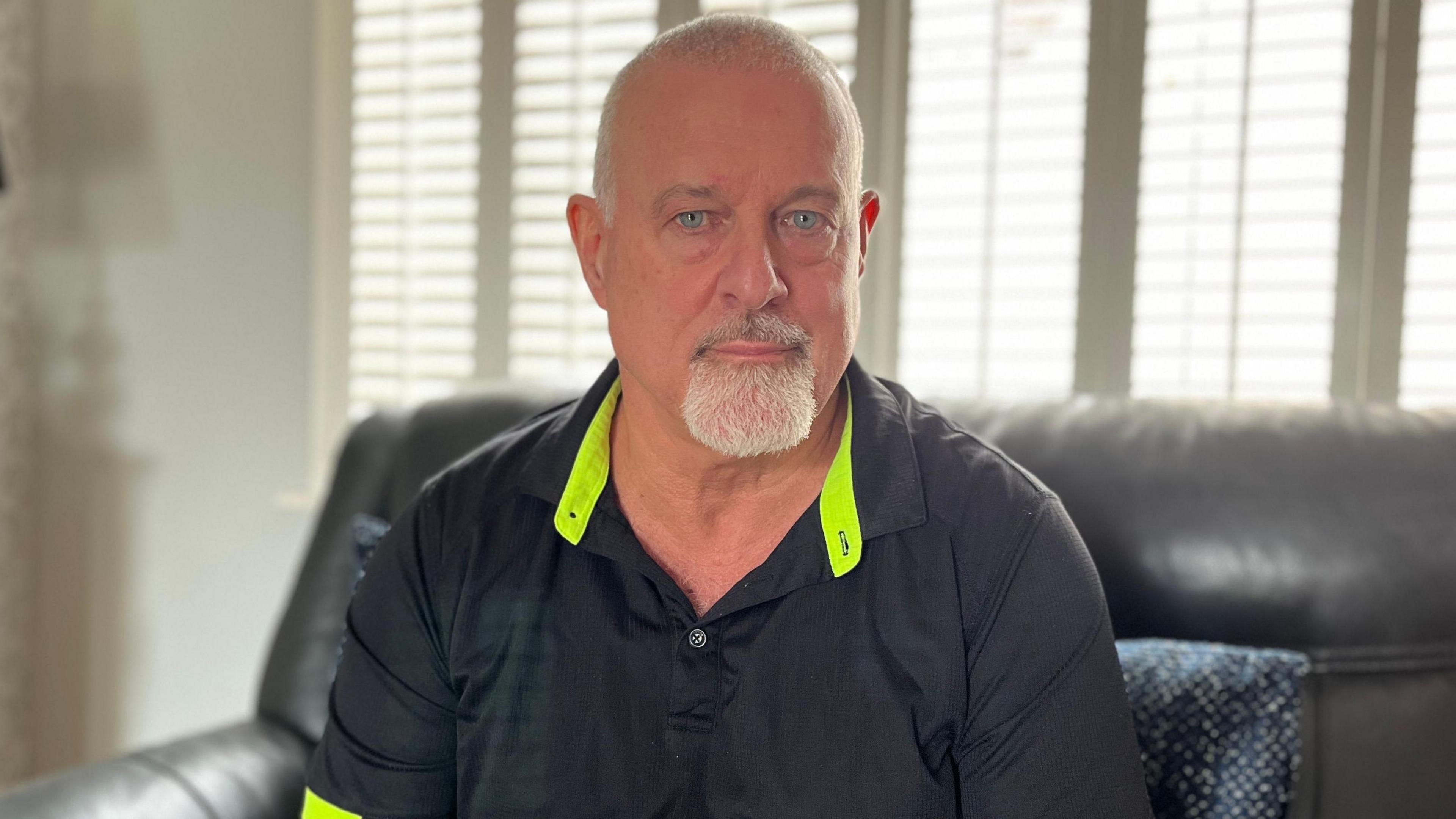
Craig Nairn received a fine for a car he did not own
In March 2024, Craig Nairn from Colchester had a £2.50 crossing charge sent to his home address for a vehicle he never owned.
He contacted Dart Charge and was told to simply "ignore it".
But a month later, he received a fine of £70.
On calling Dart Charge again, he was "170th in the queue" and "had to wait 45 minutes to speak to an operator".
He was told the information "had come from the Driver Vehicle Licensing Agency (DVLA)" and that he would have to "prove [he] didn't own it".
It took two months to get written confirmation from the DVLA that he was not the registered owner, during which time Dart Charge continued to pursue him.
It later emerged the details about the car's registered address had in fact come from a vehicle leasing company.
“It’s frustrating because you’re trying to prove a negative,” Mr Nairn says.
"You’re up against a computer system that says A is B and B is C."
National Highways said: "We can only obtain registered keeper details from DVLA as part of the enforcement process when a crossing hasn’t been paid for."
Despite getting an email from Dart Charge confirming the fine had been dropped, Craig has since received court papers relating to the penalty.
National Highways said it worked hard to help people avoid a penalty wherever possible.
"Enforcement agents are only used as a last resort to chase up non-payment, and only when a warrant has been authorised by the courts," it said.
"Since the issues experienced by customers last year, we have increased staffing at our customer contact centre to reduce call wait times and continue enhancing our website using customer feedback."
It added that its website met accessibility standards for people with dyslexia.
Get in touch
Do you have a story to share with the BBC East of England investigations team?
Related topics
Related stories
- Published28 April 2024
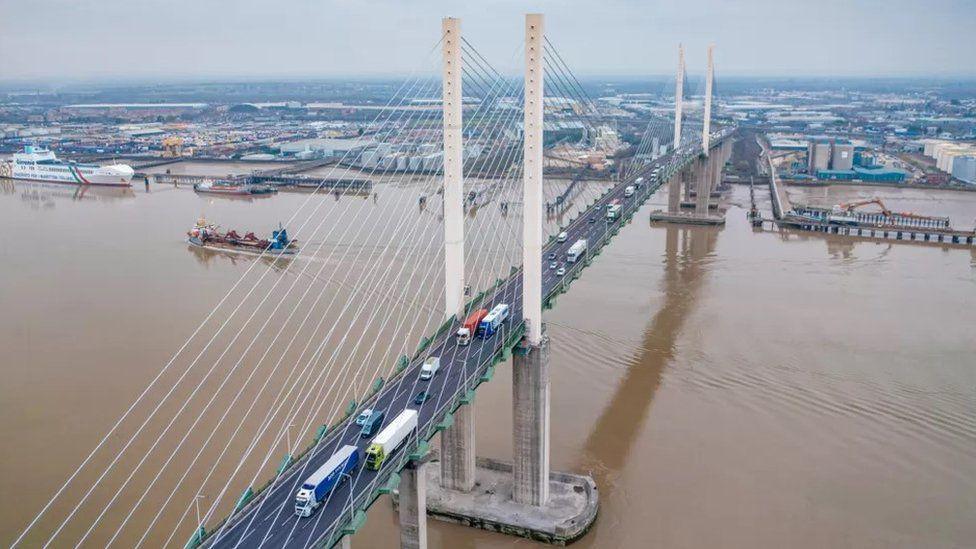
- Published25 April 2024
